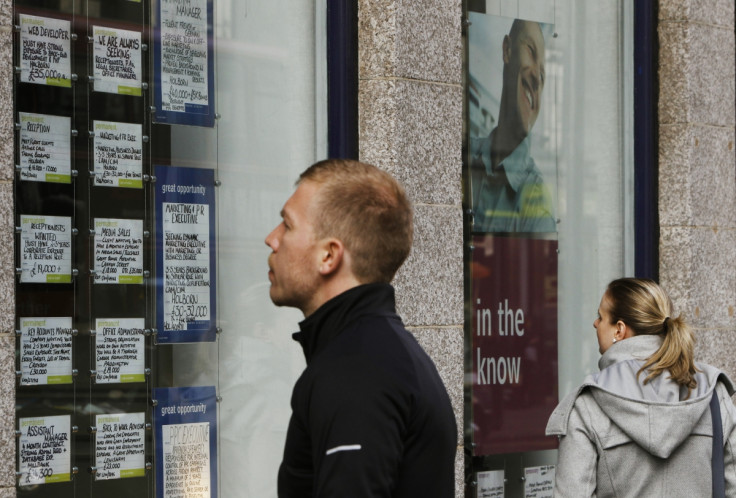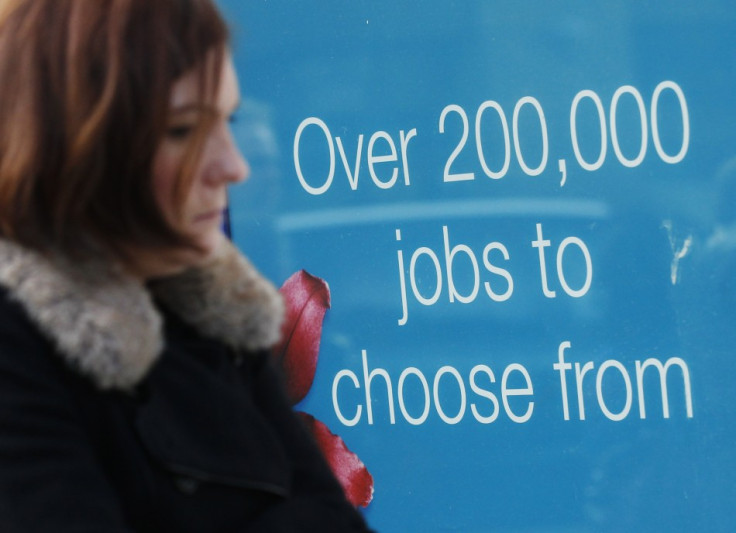Recruitment and technology: The importance of an industry keeping up with the times
Despite progress, we're only just beginning to see how influential technology will be in recruitment arena.

The mid-1990s was an exciting period that sparked my interest in how technology would go on to impact all our lives. It's now 22 years since the prototype for our very first website, Reed.co.uk, was built by "Pancake the Clown".
In that spring of 1995, a young colleague of mine named Sean came in to see me with an idea. He had been talking to a junior IT contractor, who, when he wasn't programming computers, worked part time doing children's parties as Pancake the Clown.
Sean relayed Pancake's suggestion, which was that we should have a website. I remember my response very clearly, 'What's that?' I asked. It seems incredible now, but back then in 1995 I'd never even heard of websites. In the intervening period, a lot has changed.
I've always taken the view that it's important to be open to new ideas. If someone starts talking about something that I don't know about or don't understand, I always want to find out more rather than pretend that I already know about it already.
Our company's great online adventure began, as so many things do, with a simple conversation. Sean explained to me what a website was and together we started to explore the possibilities. Once I was convinced it was an interesting idea we soon got to work.
An early question was what internet address to use. Since the ".com" domain suffix had gone, we opted for the ".co.uk" A short name is easier for users to remember and use, and it also mirrored the wider REED brand. All these years later, our URL registered that day has grown into the UK's #1 job site with more than 250,000 jobs advertised at any one time.
Another significant event that occurred in 1995 was my Harvard Business School five-year reunion. When I caught up with my old classmates at this event it became clear that about 20% of them were doing jobs that simply didn't exist when we had graduated in 1990.
All of these new jobs were to do with the internet and new technology. When I returned to the UK it dawned on me that this one insight was more valuable than anything else I had learnt doing the Harvard MBA. The internet was coming, it was the future and websites were going to be big!
I came back to London with a determination to invest heavily in technology and to take it much more seriously. We put some very clever people to work on our new website and then when it was ready we decided to advertise it heavily.
When we launched and showcased the website itself, we took over the first internet café in London – a small place called 'Cyberia' located just off Tottenham Court Road, London. At the time one of our biggest recruitment competitors was asked by a journalist to comment on the launch of the site. They said it was a gimmick and a waste of time, and that they would be concentrating on other things. Tellingly, that company doesn't exist anymore.
There has been a lot of water under the bridge since then, but in my opinion, we are now living in the most exciting time in technological terms since those heady days of the mid-1990s. Right now, it's mobile that I'm really excited about.
We're only just beginning to see and understand how influential this will be, but it's already clear that in many walks of life it will be totally transformational in just the same way that the internet was 20 years ago.

I recently asked an audience at a conference at a City of London law firm a simple question: 'How many of you still have a blackberry?' I was amazed that half the room put their hands up. The next day I asked my colleagues the very same question. Not one person put their hand up.
The town was the same but the demographics were different and you can guess in which respect; the latter group were younger and more diverse and much more connected. I ditched my Blackberry a few years ago when I realised that my 15 year-old son Aidan had a better phone than I did.
I also decided to embrace as many of the new applications that he and his contemporaries were using as I could. To begin with this was a bit daunting and involved some loss of face but I was quickly enjoying the greater freedom and flexibility that these new applications offered me.
Today my first source of news is Twitter; it's much more interesting and wide ranging than a single news publication could ever be and the jokes are better too. I have re-found my passion for photography, something which for many years I did not have time for, on Instagram.
And I can make my daughter laugh in Australia through our family Whatsapp. This is just the fun stuff. When you start thinking how these and other new technologies might improve your business the possibilities are endless.
My approach to innovation is to stay curious and to be open to new ideas, my own or others, for at least long enough to give them a fair hearing.
We have a saying at my company: "If the bus looks like it's going somewhere interesting, we want to be on it." The joke is that you sometimes end up walking home.
Not all our investments work out, many have ended in failure. But even those bus rides were fun for the most part. My advice, when it comes to innovation, is that it's always worth trying. Give that new idea a go and get rid of those Blackberries.
James Reed is the Chairman of REED, the UK's biggest recruitment brand and the largest family-owned recruitment company in the world. He is a regular media commentator on work and labour market issues, with recent appearances including BBC Breakfast, Channel 4's Sunday Brunch, Radio 5 Live and The Apprentice.
© Copyright IBTimes 2025. All rights reserved.






















